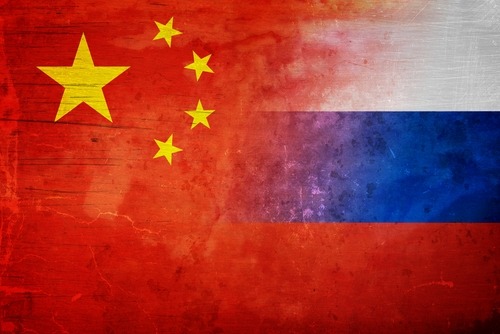
The U.S. Department of Defense (DoD) released an unclassified version of its 2023 Strategy for Countering Weapons of Mass Destruction (CWMD) last week, laying out the foundations of its approach going forward, with a likely heavy approach on China and Russia.
The previous CWMD strategy, released in 2014, focused on counterterrorism and counterinsurgency operations, while managing risks from hostile, fragile or failed states and safe havens. The world has changed significantly since then, and this latest document noted that in the intervening years, the ability of both China and Russia to procure, develop and deliver WMDs has progressed. It labeled China as the leading threat, while noting Russia remains an acute threat in this area.
North Korea and Iran both received mentions, as well as violent extremist organizations, as lingering threats, though not as potentially dangerous.
The priorities laid out by the department this time around were four-fold: defending the homeland from WMDs, deterring use of WMDs against the United States and its allies/partners, enabling a Joint Force to win in a WMD-laden environment and preventing new WMD threats.
“This Strategy reinforces other guidance provided in the Nuclear Posture Review, the Missile Defense Review, and the Biodefense Posture Review by clarifying the role of the CWMD mission within the Department’s overall approach to integrated deterrence and conflict,” Secretary of Defense Lloyd Austin said. “I am confident that the Department possesses the ingenuity and determination necessary to outpace current and future threats.”
In a statement, the DoD determined that it needs to reckon with and confront the complexities and demands of WMDs head-on with ingenuity and determination. It accounted for WMD threats holistically, while recognizing that different actors and threats pose unique challenges in that area, and called for tailored investments and actions to address each.
Anticipation of threats will be key to that, so a big part of the strategy going forward will be proactive, seeking to preempt and address threats accordingly, rather than being forced to react.




